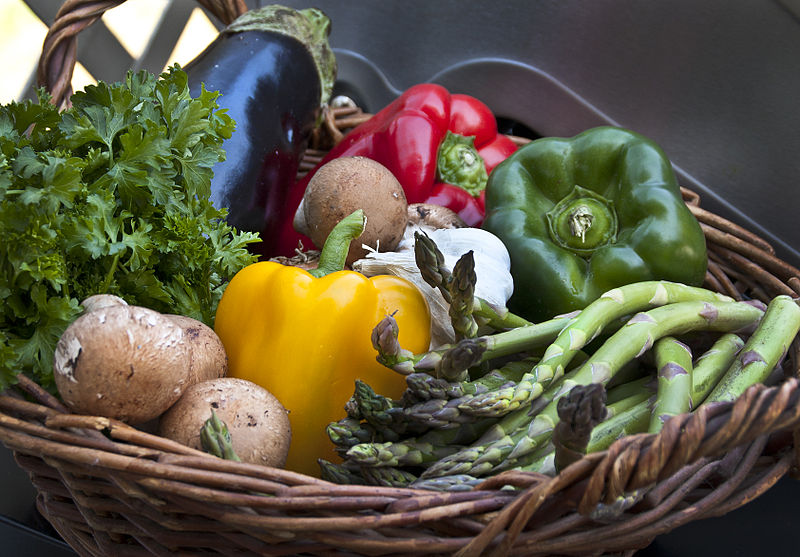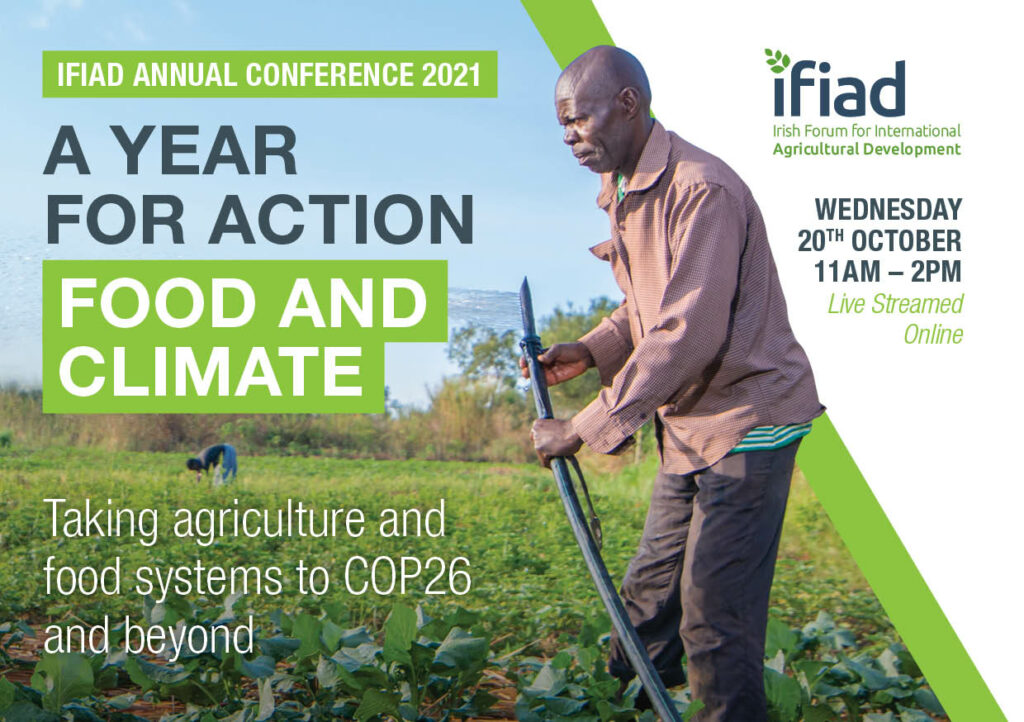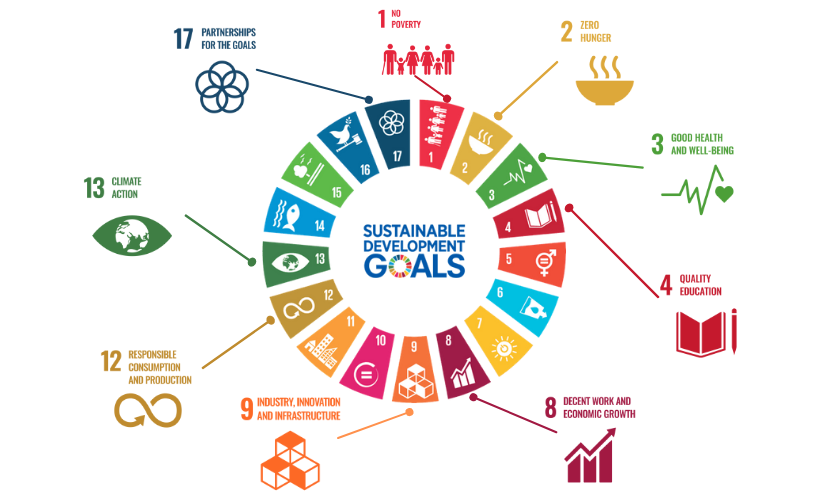
To achieve food and malnutrition challenges globally, we need to build a sustainable food system that will raise food security levels under the complex challenges of the 2030 SDGs. While implementing the SDGs in all countries, it should be remembered that there is a need of pushing for a great collaboration with multiple stakeholders, civil societies and the private sector to achieve zero hunger.
Based on the action areas and the coalitions stated in the food system summit in 2021, all countries should act upon their commitments and bring the results that will make an impact to achieve food security with much implementation and flexibility in policy and financial aspects which are the building blocks of the food systems.

Developed pathways should be able to minimize trade-offs among regions while promoting trade and policies that will facilitate access to healthy diets to be consumed in all regions, especially in the developing nations. To promote equity, the inclusion of farmers, women and youth in all aspects of the food system should be the main priority to achieve sustainable production and supply with great achievement in livelihood. Photo credit: IFIAD (20 October). IFIAD Annual Conference 2021. A Year of Action: Food and Climate
A need for consensus
A need to look at individual country dialogue(s) to understand more and bring out the critical thinking of what countries can do to achieve sustainable food systems and capacitate them on their implementation strategies. A need of assessing pathways and what follows after countries’ commitment to ensuring sustainability with climate-smart actions taken on board to reduce climate impacts. To take note and avoid the use of easy options and solutions in developing technical issues. It might be challenging to achieve zero hunger, due to political and financial instability. The zero hunger target has to be at the centre of the country’s food system.
Most countries tend to shy away from the political issues that challenge them, but it should be known that power and governance issues are at the heart of shifting the food system and making it sustainable. To achieve a sustainable food system, there is a need for transparency during selecting committee members, and what has been discussed is to be engaged in the national policies with great involvement of all people at all stages to bring transparent decision making.

More engagement of SMEs as potential stakeholders to the finance component, for them to be capacitated and build resilient in production practices that will make them adapt to climate changes while mitigating further effects. Also, how we accelerate transformation, we have to make sure that it is inclusive. Issues such as trade, exchange rates, GHG emissions and price of commodities should favour people of all types and make them achieve more in the production system by following the climate-smart approach rather than losing as they contribute to the national development as well as adaptation and mitigation strategies.
Future focus
Effects of climate change on human health should be marked as an essential agenda for mitigating climate challenges. As in the food system, we need resilient communities towards climate change with more focus on sustainable production to improve food security and livelihood. However, the same should be applied to human health by building resilient medical responses to prevent further effects that may result in mobility and mortality rates.
Collaborative ways to achieve climate-smart approaches within the nation and in the world should be brought forward by all stakeholders, civil societies, institutions, and public and private sectors to save human health from the detrimental effects caused by climate change. Building more adaptation strategies in health and food systems will cause nations to sustain the harsh climatic conditions and keep adjusting to suitable mitigation strategies that will help the communities achieve sustainable health and food systems with less or zero GHGs emissions by 2030.
